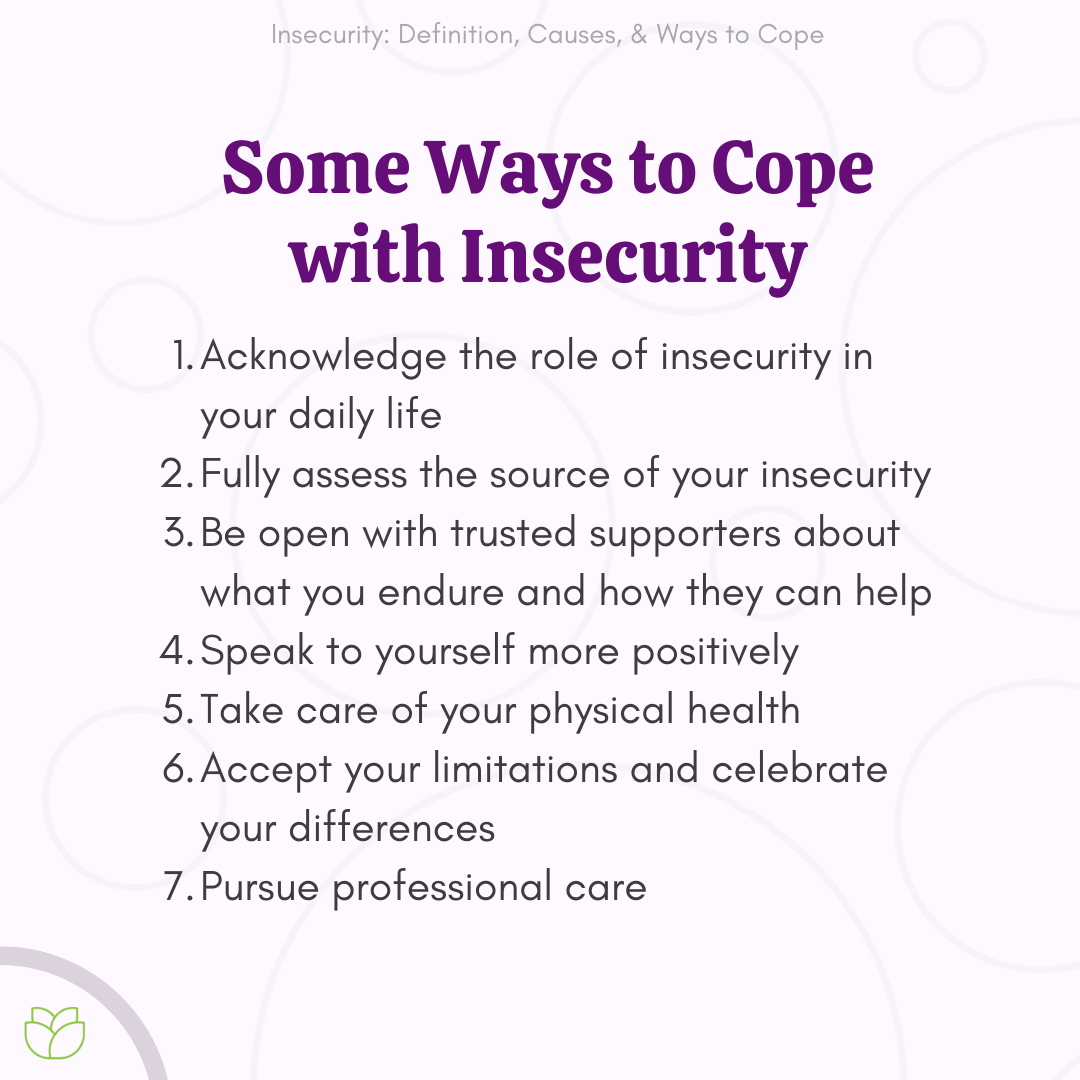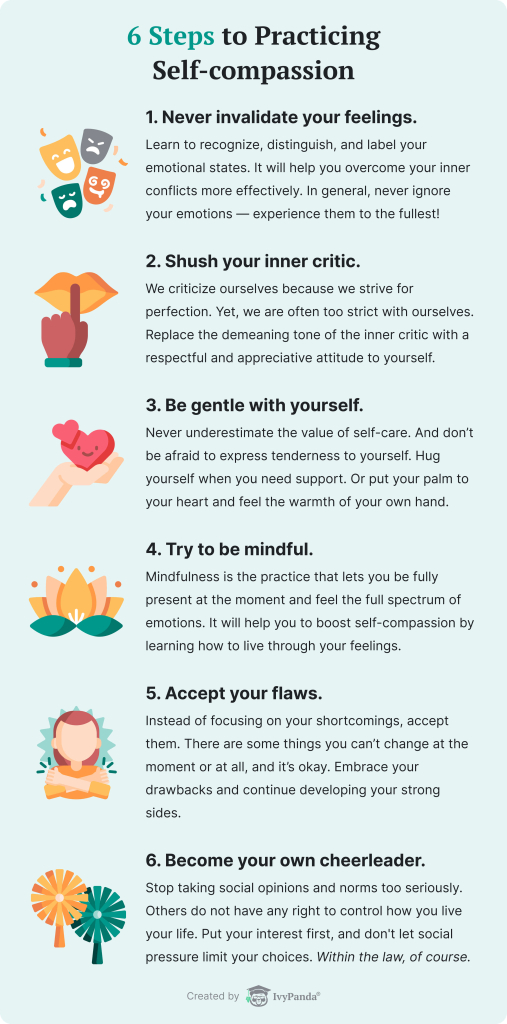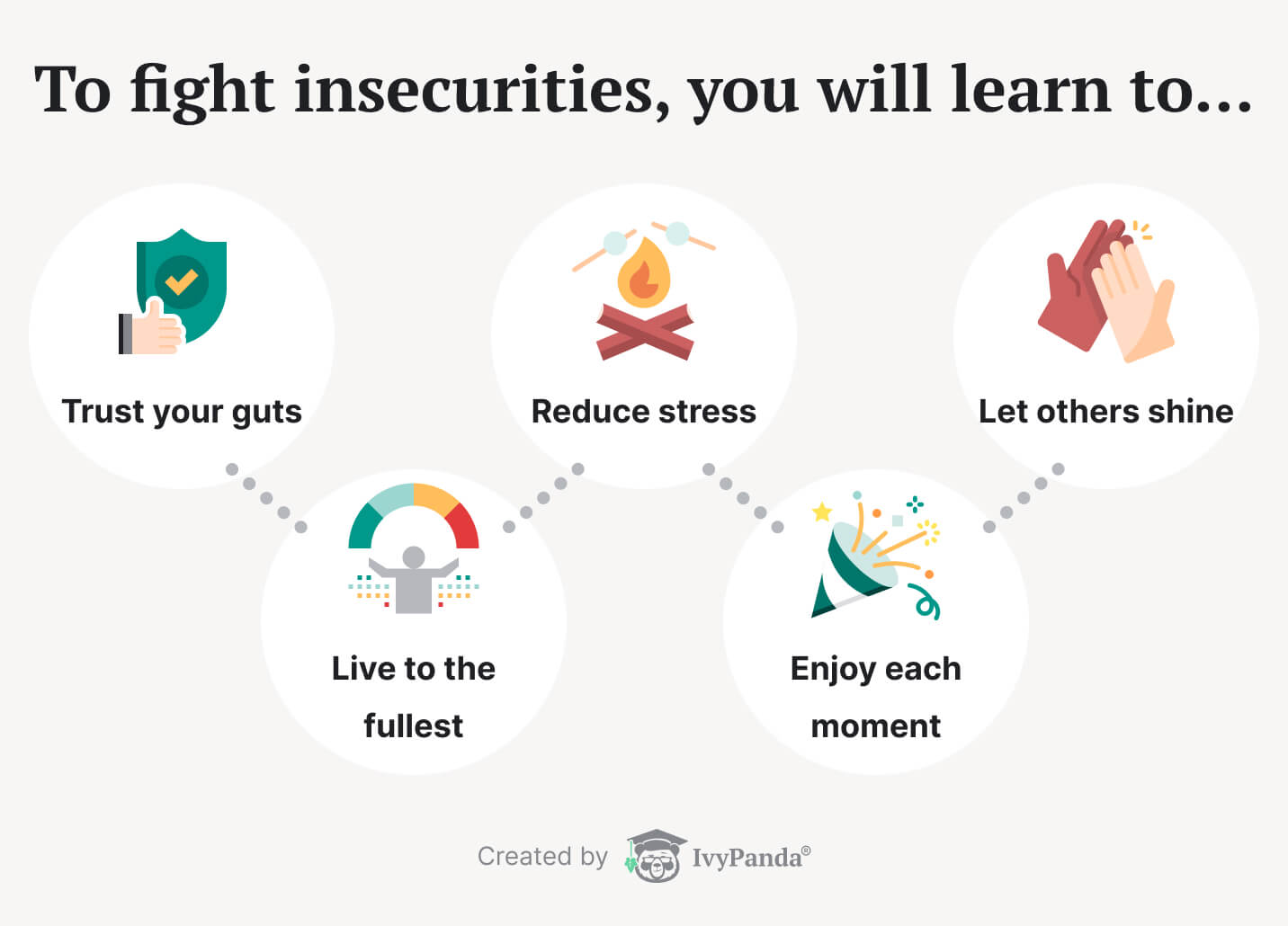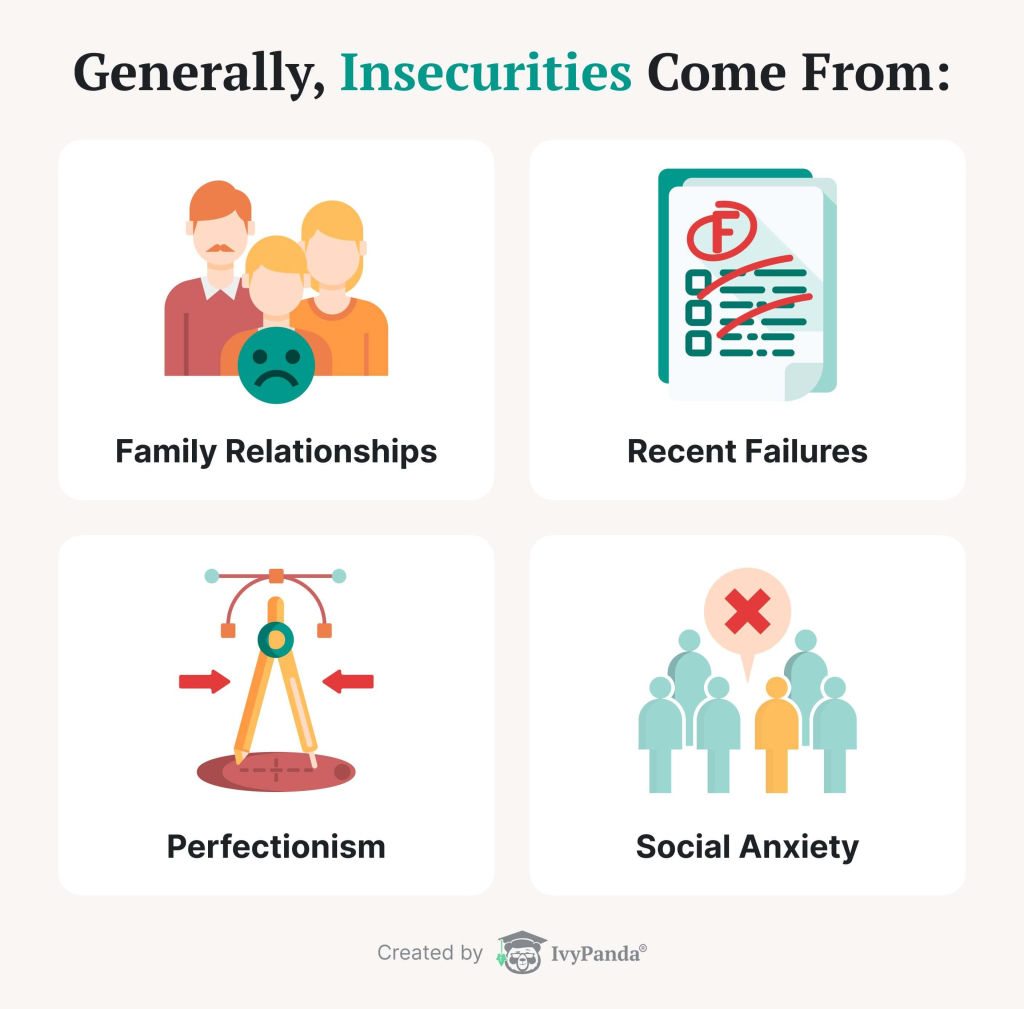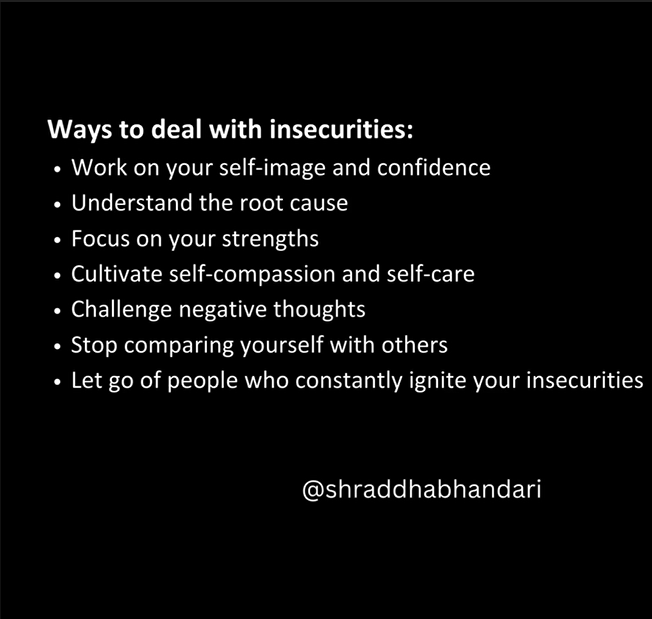How To Deal With Insecurities About Yourself
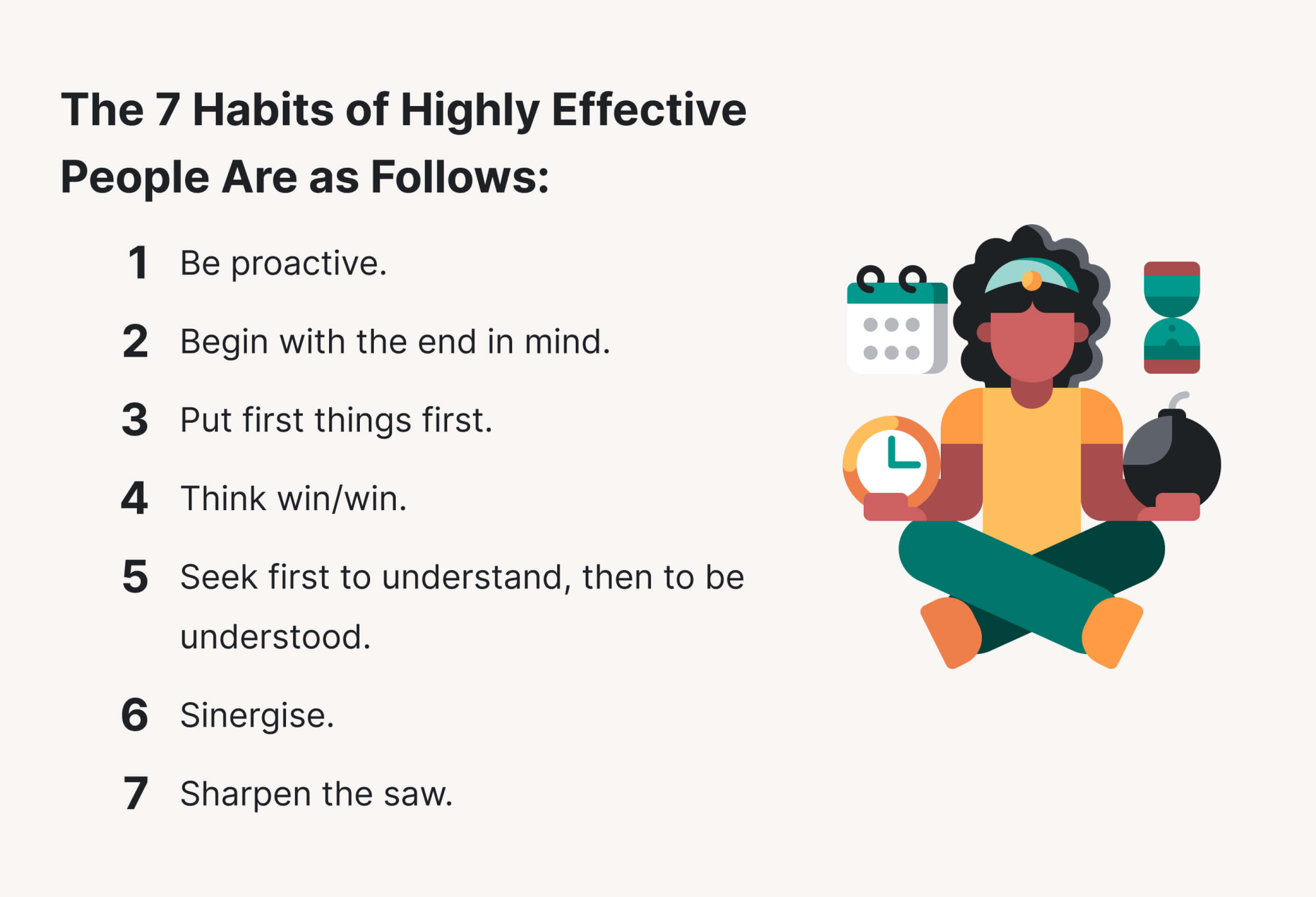
In a world saturated with carefully curated images and constant comparisons, feelings of insecurity can often feel overwhelming. Mental health professionals and self-help experts emphasize that understanding and addressing these insecurities is crucial for fostering self-esteem and overall well-being.
This article explores practical strategies and expert advice on how to navigate and manage personal insecurities. It delves into the underlying causes, coping mechanisms, and resources available to cultivate a more positive self-image.
Understanding the Roots of Insecurity
Insecurities often stem from a complex interplay of factors. These include childhood experiences, social conditioning, and exposure to media that promotes unrealistic standards, according to a 2023 report by the American Psychological Association.
Early life experiences, particularly those involving criticism or lack of validation, can significantly impact an individual’s self-perception. Societal pressures related to appearance, success, and relationships further contribute to feelings of inadequacy.
Identifying Your Triggers
The first step in managing insecurity is identifying the specific triggers that exacerbate these feelings. Common triggers include social media, work-related stress, and comparisons with others.
Journaling, practicing mindfulness, and seeking feedback from trusted friends or therapists can help individuals pinpoint these triggers. Recognizing the source of insecurity allows for more targeted intervention.
Strategies for Managing Insecurities
Several evidence-based strategies can help individuals effectively manage their insecurities. These include challenging negative thoughts, practicing self-compassion, and focusing on personal strengths.
Cognitive Behavioral Therapy (CBT) techniques, often recommended by therapists, involve identifying and reframing negative thought patterns. Replacing self-critical thoughts with more realistic and positive ones is a key component of this process.
Self-compassion involves treating oneself with the same kindness and understanding that one would offer to a friend. Dr. Kristin Neff, a leading researcher on self-compassion, emphasizes its role in fostering emotional resilience and reducing self-criticism.
Building Self-Esteem
Actively engaging in activities that promote a sense of accomplishment and self-worth is crucial. This might involve pursuing hobbies, volunteering, or setting and achieving personal goals.
Focusing on personal strengths and celebrating small victories can significantly boost self-esteem. Cultivating a supportive social network can also provide validation and encouragement.
Seeking Professional Help
For individuals struggling with persistent or severe insecurities, seeking professional help is a valuable option. Therapists and counselors can provide personalized guidance and support.
The National Alliance on Mental Illness (NAMI) offers resources and support for individuals seeking mental health services. Therapy can help individuals explore the underlying causes of their insecurities and develop effective coping mechanisms.
Remember that seeking help is a sign of strength, not weakness. Talking to a professional can provide valuable insights and strategies for managing insecurities and improving overall mental well-being.
The Importance of Self-Acceptance
Ultimately, learning to accept oneself, flaws and all, is paramount in managing insecurities. Embracing imperfections and recognizing that everyone has insecurities can be liberating.
Focus on personal growth and progress rather than striving for unattainable perfection. Cultivating self-acceptance fosters a more positive and resilient self-image.
By understanding the roots of insecurity, employing effective coping strategies, and seeking support when needed, individuals can navigate these challenges and cultivate a stronger sense of self-worth. Remember that building self-confidence is a journey, not a destination.


